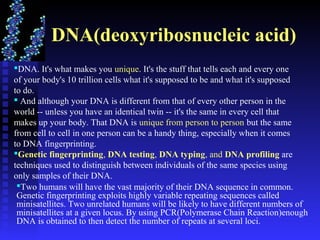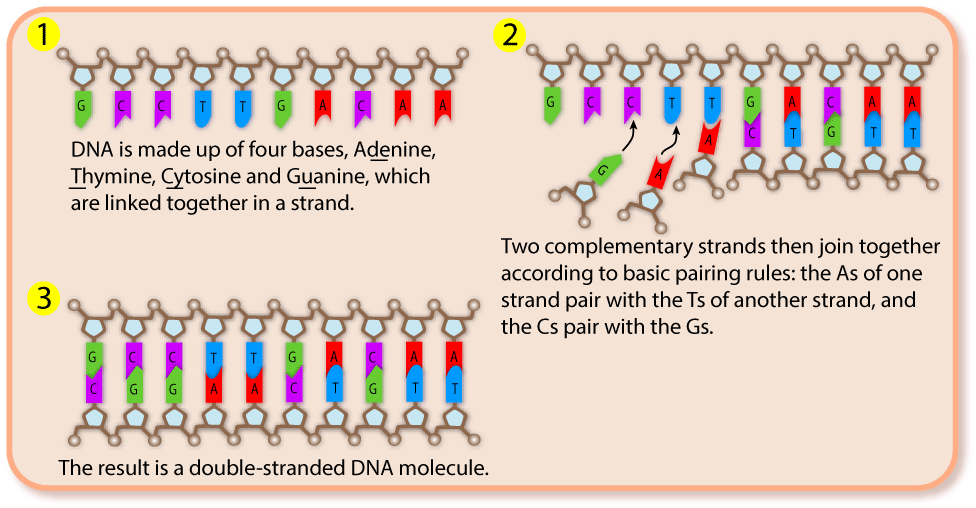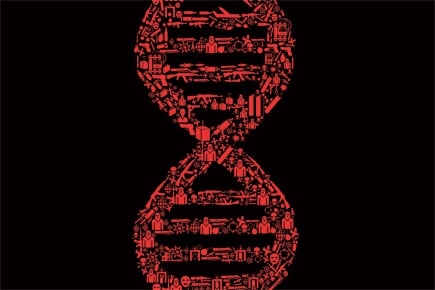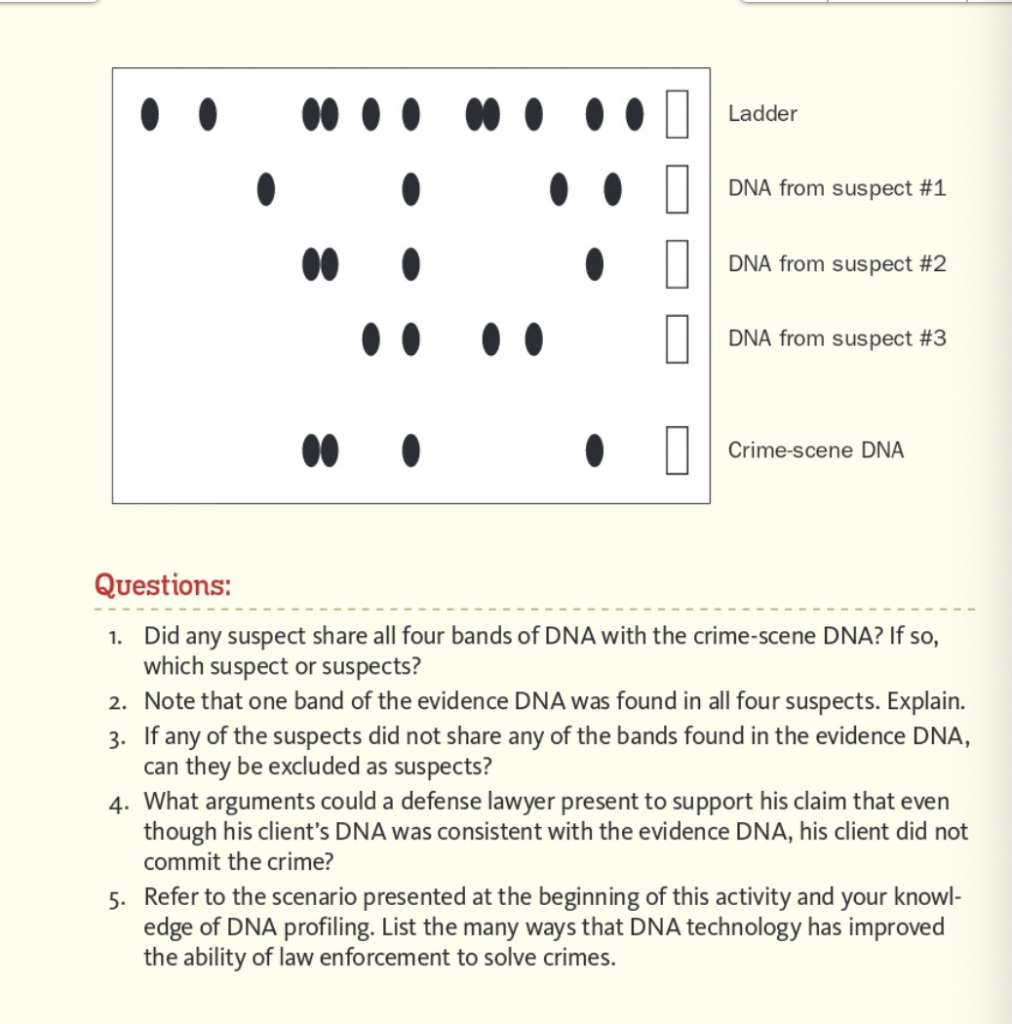DNA profiling, also known as DNA fingerprinting or genetic fingerprinting, is a forensic technique used to identify individuals by analyzing their unique genetic material. It is commonly used in criminal investigations to link suspects to crime scenes, and in paternity and immigration cases to establish biological relationships. There are several arguments in favor of using DNA profiling as a tool in forensic investigations.
One argument is that DNA profiling is highly accurate and reliable. DNA is unique to every individual, with the exception of identical twins, and the chances of two people having the same DNA profile are extremely low. DNA profiling involves analyzing specific genetic markers called polymorphisms, which are variations in DNA that occur naturally and are inherited from a person's parents. These polymorphisms are used to create a DNA profile that is specific to an individual. The accuracy of DNA profiling has been demonstrated through numerous studies and has been upheld in courts of law around the world.
Another argument in favor of DNA profiling is that it can help to identify suspects in criminal cases and bring closure to victims and their families. DNA evidence can be collected from a variety of sources, including blood, saliva, skin cells, and hair, and can be used to link a suspect to a crime scene even if there are no eyewitnesses. DNA profiling has been used to solve countless crimes, including rape, murder, and theft, and has helped to bring justice to victims and their families.
DNA profiling can also be used to exclude suspects in criminal cases, helping to narrow the focus of an investigation and saving valuable time and resources. If a suspect's DNA does not match the DNA found at a crime scene, they can be ruled out as a suspect, allowing investigators to focus on other leads.
In addition to its use in criminal investigations, DNA profiling can also be used in paternity and immigration cases to establish biological relationships. DNA testing can be used to confirm or refute claims of parentage, helping to resolve disputes and provide individuals with important information about their family history. In immigration cases, DNA testing can be used to prove relationships between family members, helping to support applications for visas or citizenship.
Overall, the arguments in favor of DNA profiling are numerous and compelling. Its accuracy, reliability, and ability to solve crimes and resolve disputes make it a valuable tool in forensic investigations.








